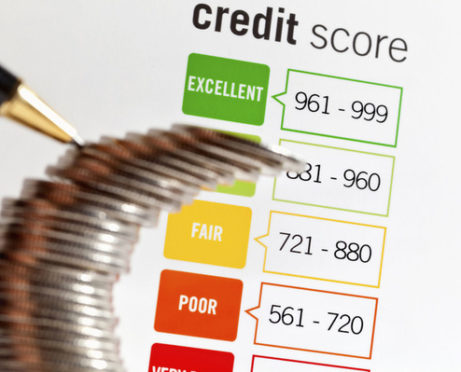
When I quit my job at 24, one of the biggest concerns I heard from friends and family wasn’t about the $148,000 of debt I still had to repay. Instead, it was this question: how would I pay for my health insurance?

At the time, I wasn’t overly concerned about medical insurance. Since I was 24, I could stay on my parent’s plan.
Alas, I am now turning 26, and the financial burden of finding health insurance while being self-employed is starting to hit home.
If you are self-employed and looking for health coverage, there are several factors you may not even be aware of that will impact your bottom line. I've done some sleuthing, and here is what I learned:
Beware of the Tax Man
One option is to forego health insurance coverage. This can seem like a good idea when you are young, healthy, and think you can't afford it. However, if you don't apply for health insurance, you’ll pay a tax penalty called the “individual shared responsibility payment.” Not to mention, poor health can happen to anyone at any time.
I know some young, self-employed people who have considered paying this penalty. Because of the high cost of the plans that are available, the penalty is cheaper.
They are taking a huge risk, betting that they’ll be healthy enough to forgo out-of-pocket medical expenses for illness or injury.
Not to mention the part most people don't consider…if you are ill or recovering, you likely won't be earning money. Freelancers don't get paid sick time.
Shop the Marketplace
Paying a fee for not having health insurance doesn’t make much sense. Another option is to shop the marketplace at HealthCare.gov .
You can apply for coverage during the open season for enrollment this year. It's from November 1 to January 31. Or if you have a qualifying event, you will be eligible for a ‘special' open enrollment. Some qualifying events include:
- Involuntary loss of other coverage. This can occur for many reasons, one of which is if you turn 26 and will no longer be eligible for coverage on your parents’ insurance.
- Adopting or having a child
- Marriage
- Divorce
- Becoming a U.S. citizen
- A permanent move
Lively Health Savings Accounts are 100% Fee-Free
To see plan prices you may be eligible for, start by entering your location. You'll be asked some basic questions: age, gender, your household’s estimated 2017 income, and how much medical care you think you'll need.
The marketplace will tell you whether you are eligible for a premium tax credit or other savings based on the income information you provide.
Once done, you will be able to see all of the plans that you are eligible for. This is including their monthly premium, deductible, co-pay information (for medical appointments and prescriptions), and maximum out-of-pocket costs. You can also see if your current doctor accepts your marketplace plan.
When I entered my information, I discovered I'm not eligible for any premium tax credits or savings. I also found out that my monthly premiums would range from $226 to $459.
But your premium is not the only number that matters. You also have to compare the deductibles of the plans and the out-of-pocket maximum for the year.
Another option for those under 30 is a “catastrophic” plan. These plans have low monthly premiums but a high deductible of about $6,850 for an individual. These could be an option to consider if you rarely visit the doctor or get sick and just need coverage for worst-case scenarios.
But make sure that you have the means to cover routine medical expenses out of your own pocket. And an emergency fund is a good idea, too!
Explore Private Plans
In addition to the health insurance plans offered in the marketplace, there are also private plans available in limited cases that may meet the qualifying health coverage requirements, so that you can avoid paying the tax penalty. These plans may be available through some health insurance companies, agents, brokers, and online health insurance sellers.
However, if you opt to purchase a plan outside of the marketplace, you will not be eligible for a premium tax credit or other savings. Also, many plans sold outside of the marketplace don’t count as qualifying health coverage.
If your plan doesn’t count as qualifying health coverage, you’ll be paying for both the health insurance plan you elect and a tax penalty. This makes these private plans an unattractive option for most people.
No matter what option you choose, health insurance is expensive. But you shouldn’t let it stop you from becoming self-employed, as there are many options available to help you get the coverage you need.










